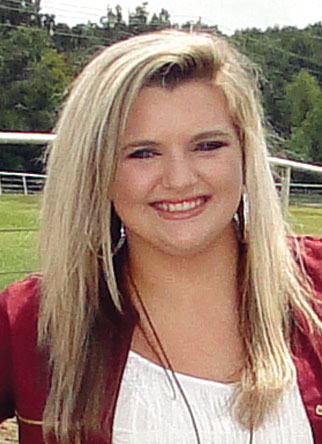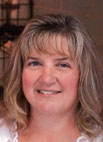
When most people are young, they earn money in order to spend it on a new car or truck or clothes.
Both Shannon and Melissa Fancher of Huntsville, Ark., chose a different path – and it’s paying off. They now own 164 acres and have 10 broiler houses as well as almost 70 cows and 17 heifers to be bred next year.
“I’ve been saving at least 15 percent of every paycheck since the day I graduated college and started working,” Shannon said. “For the last 15 years of our marriage, we had no vehicle payments, choosing instead to buy only what we could afford to pay for in cash. We wanted to invest in the farm life we love.”
Shannon and Melissa met at the University of Arkansas, where both were majoring in poultry science. While Shannon was raised on a farm, Melissa was not and had to adjust to small-town culture, which she did by being involved in her church and community.
Their three girls, 15-year-old Halle, 11-year-old Kathryn and 7-year-old Lauren, are involved in sports and school which is another focal point for Melissa. Nonetheless, Melissa is an active farming partner, serving as the business manager and bookkeeper and filling in whenever their full-time employee has time off on the weekend or for vacations, as well as when other needs arise.
In order to begin accumulating their nest egg, Shannon worked in sales and managed plants for Tyson. With the money they saved, the couple began purchasing land and built the 10 broiler houses.
Dirt work started three years ago in April, with the birds for the first five houses arriving in August of the same year. By the time the second flock arrived, the last five houses were added.
In nine months they saved enough money for litter equipment, including two litter trucks, a skid steer and a litter conveyor for loading semis efficiently. They have added value by not only using the equipment for themselves but also for seven other farmers. Five of those customers have Shannon clean their chicken houses and spread litter when needed. After buying litter from the two other customers, Shannon sells it to farmers in the area or in Kansas. The Fanchers also built two large barns for litter storage and composting.
“Working with litter is a good added revenue stream and helps with budgeting because money from chickens does not always come when bills are due,” Shannon said. “The key is constantly staying committed to a budget and working with a good accountant in order to keep all of the financials organized.”
While working for Tyson, Shannon also accumulated knowledge and a network of people, including from U of A Professor Susan Watkins and other growers that he unabashedly leverages for information and ideas. Susan was instrumental in Shannon’s attention to water quality and chemistry by providing him with the science and literature to support water quality influence on production performance levels.
“The chicken business is highly competitive with a close margin, and you must create advantages wherever you can if you are going to be successful,” Shannon said.
Shannon also runs a closed commercial cattle herd with his cows being second, third and fourth generation. The cows are Angus influenced with some Brangus and Charolais for hybrid vigor, conformation and milkablity.
“I like my cows to have a moderate frame, good bone structure, round hips and some length,” Shannon explained. “Currently we have two Angus bulls, but usually have three and will get another for our heifers when the time comes.”
Shannon believes that Angus are the most marketable and right for his operation because he simply hates pulling calves. He keeps heifers but only the best of the best in terms of physical characteristics and temperament.
At this time, the Fanchers sell their calves when they are weaned, sending them to market having had one round of shots and castrated as needed.
Haying was not a part of the operation last year because hay was so cheap, but Shannon often hays 40 acres of mixed grasses. For the Fanchers, time is a critical factor and hiring more help would upset the financial balance.
Shannon and Melissa find the future rich with possibilities for expansion.
They are considering backgrounding calves and selling them according to the market prices rather than a specific weight. Melissa is also considering the marketing of grass fed beef because they are inundated with requests for their cattle.
In 10 years, the couple hopes to add another four to six broiler houses and increase the cattle herd to 150 cows as land becomes available.
“Right now land is scarce and high, and I can’t find any close enough to lease but plan on buying more in the future when it becomes available and we are financially ready,” Shannon said.







